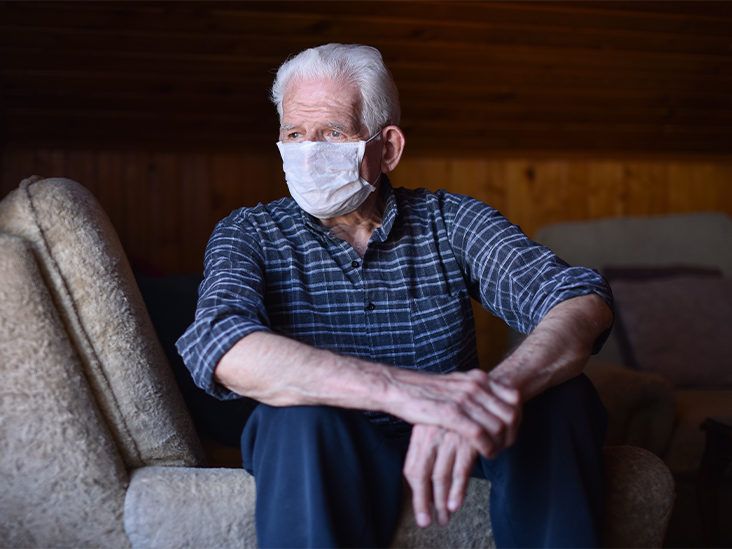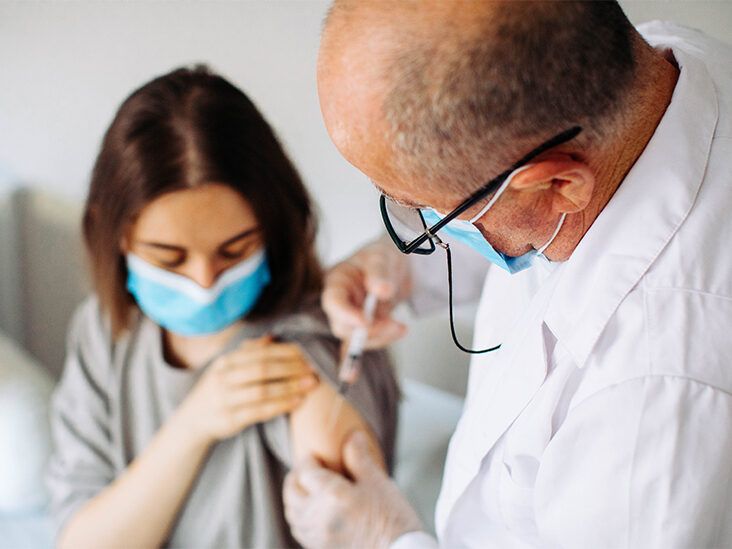For those with chronic obstructive pulmonary disease (COPD), it’s important to know which vaccines will help prevent respiratory illnesses.
According to the Centers for Disease Control and Prevention (CDC), almost
Because COPD impairs breathing, contracting a respiratory infection can have serious consequences for people with COPD. But there are vaccines available that can help prevent some of these infections.
People with COPD are
- hospitalization
- being placed on a ventilator
- death
A 2021 study found that the mortality rate from COVID-19 was
The study also found that people with COPD were more likely to have other health conditions that increase the risk of severe COVID-19, including:
The
There are three COVID-19 vaccines currently available in the United States:
- Pfizer-BioNTech mRNA vaccine
- Moderna mRNA vaccine
- Novovax vaccine (
emergency use authorizationTrusted Source from the FDA)
The ACIP reaffirmed its
Discuss which vaccine is best for you with your doctor.
Be sure to get the most updated COVID-19 vaccine to stay protected, and discuss the possibility of needed booster shots with your doctor.
Having COPD may increase your risk of potentially serious complications from the flu.
The
A 2019 study evaluated 4,755 hospitalized people who also had COPD. In this group, having the flu was associated with an increased risk of critical illness or death. But receiving the flu vaccine was associated with a 38 percent reduction in flu-related hospitalizations.
Pneumococcal disease is caused by a bacterium called Streptococcus pneumoniae. It can cause pneumonia. Older adults, especially those with chronic lung conditions like COPD, are at an
The
The CDC recommends pneumococcal vaccination for:
- All children younger than 5 years old
- Children ages 5 through 18 years old with certain risk conditions
- All adults 50 years of age or older
- Adults ages 19 through 49 years of age or older with certain risk conditions
A 2017 review looked at 12 studies on pneumococcal vaccines in people with COPD. The review found that vaccination:
- helped protect against community-acquired pneumonia
- reduced the likelihood of COPD exacerbation
The Tdap vaccine is used to help prevent:
- tetanus (T)
- diphtheria (D)
- acellular pertussis (aP)
The
A
A 2021 study also found that people with COPD in the United Kingdom needed additional medical care and incurred higher costs from pertussis infections.
The
People are much more likely to get shingles as they get older. The
A 2018 studyof nearly 2.3 million people in Spain found that people with COPD were
Since your immune system tends to become weaker with age, shingles can be even more dangerous if you already have symptoms or complications related to COPD, especially because people with COPD can develop shingles more easily.
Infections can cause potentially serious complications in people with COPD. But some of these infections are preventable through vaccination.
Public health experts recommend that people with COPD get certain vaccines to help reduce the likelihood of serious respiratory complications. These vaccines include those for:
- COVID-19
- the flu
- pneumococcal disease
- Tdap
- herpes zoster (shingles)
If you have COPD, talk with a doctor about your current vaccinations. They can let you know which vaccines you may need and when you should receive them.






